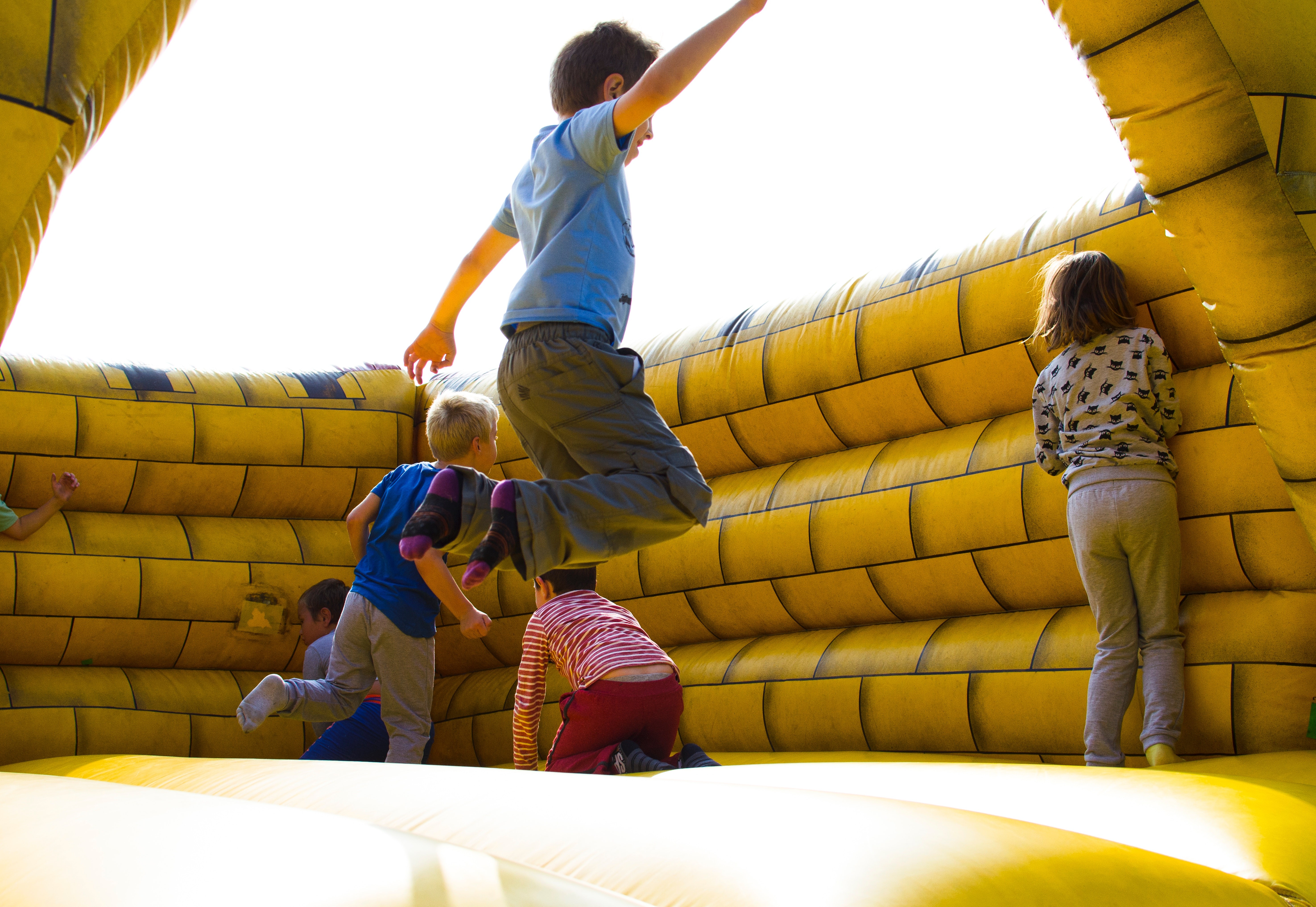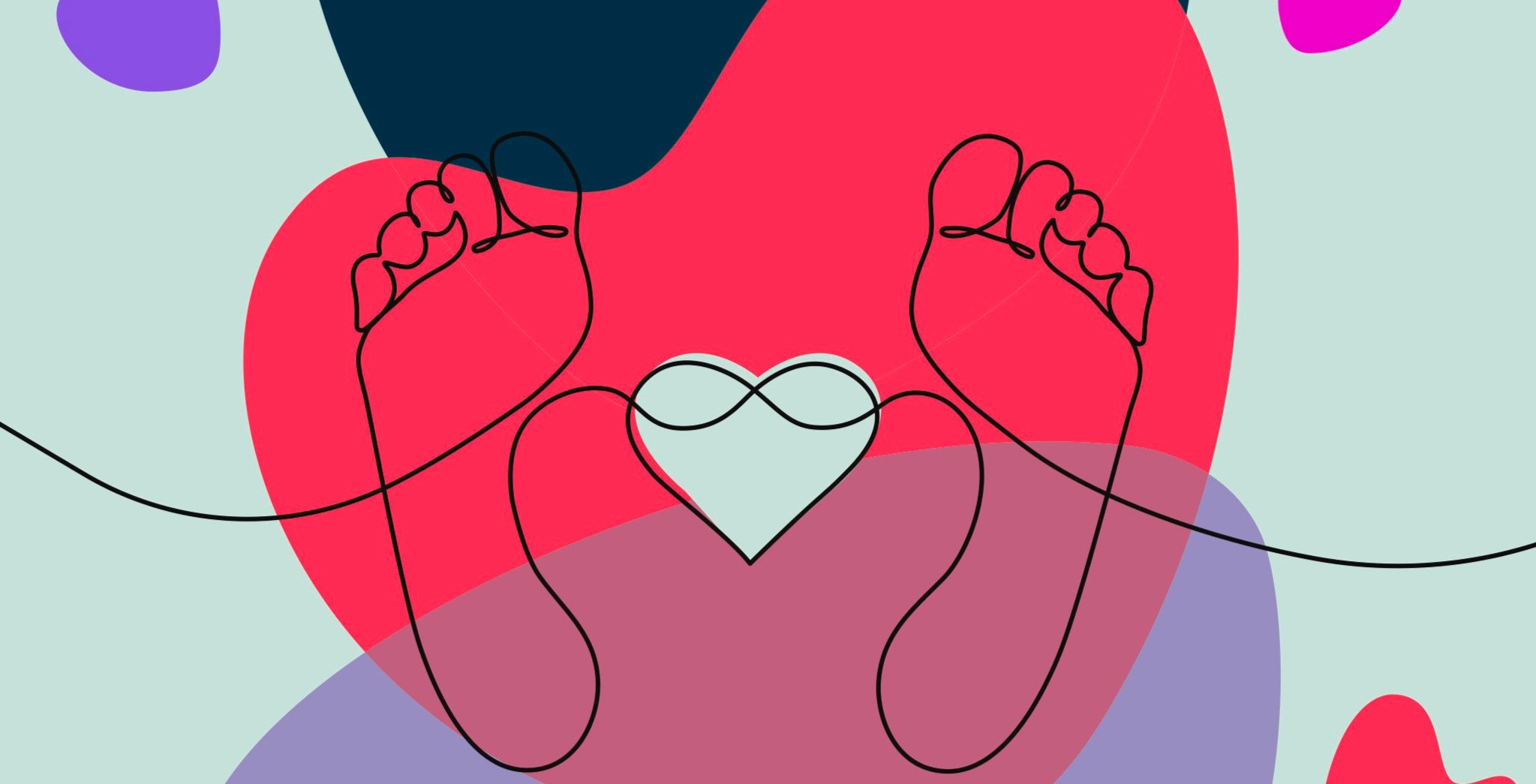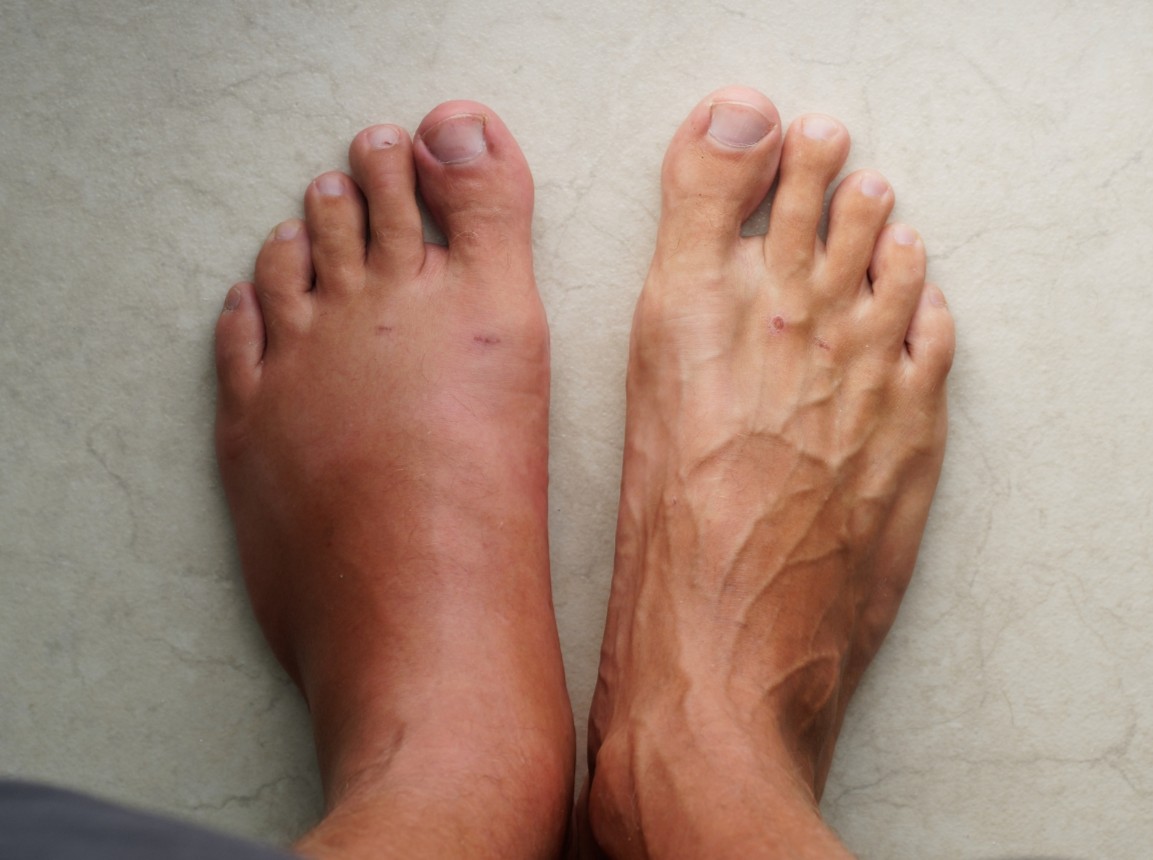

The position of your children’s feet can either keep them free to run and play, or encourage them to trip, fall and result in pain. In-toeing affects many kids as they learn to walk confidently. At a young age, in-toeing may not be an issue – as long as it doesn’t cause other problems and pains. When in-toeing continues into the primary school years, it could indicate that it’s not going to resolve on its own- and help is needed to prevent it from continuing into adulthood.
So why does in-toeing develop and what can you do about it? Today, we share our easy and effective solution to correct in-toeing in kids: the gait plate.
In-toeing, which is often referred to as pigeon-toeing, can affect both children and adults alike – although adult in-toeing is usually a result of childhood in-toeing not being treated. It’s very easy to spot because of the inward rotation of the feet.
While it may appear like a funny or wobbly walk, the reality is that in-toeing:
It is typically caused by one of three ways:
(warning, we’re about to get technical here)
Metatarsus Adductus describes the inwards curve of the forefoot (toes) on the rearfoot (heel). This may be described as a ‘banana-shaped’ foot and is thought to be a result of the position of the baby in the womb, so is typically present at birth.
Tibial Torsion is the inward rotation of the shin bone, otherwise known as the tibia. Because the tibia is turned inwards, so is the ankle and foot, resulting in in-toeing. Here, correcting the position of the shin bone will correct the in-toeing.
Femoral Torsion is the inward rotation of the thigh bone (femur). This also rotates the shin bone and the foot, causing in-toeing. You’ll often notice the knees turn in to face one another, too. This is one of the reasons that children are discouraged from sitting in the ‘W’ position – because it rotates the thighs inwards.
A gait plate is a special type of orthotic that encourages the feet to turn outwards and hence straighten with every step in the shoe and orthotic. It is designed very specifically to the landmarks of a persons’ foot, which is captured with a cast impression following a comprehensive assessment. It works by encouraging the outward rotation of the feet with every step. The orthotics replace the liner of your child’s shoe, and can be moved from shoe to shoe. The best part is – kids can’t even tell that they’re there!
That means no tears and frustration (for both kids and adults!), just pop your shoes on and go.
We’re parents too – and we’d love to help. To book in with our experienced podiatrists, you can call us on 09 523 2333, or book online here.

Valentine’s Day is about love, appreciation, and thoughtful gestures but let’s be honest, most gifts don’t last longer than a week. This year, choose something different. Choose a gift that offers comfort, confidence, and real care: a Medical Pedicure.

We’ve all had those days — you come home after hours on your feet, kick off your shoes, and notice your ankles look puffier than usual.
Swelling in the feet, ankles, or legs (known medically as edema) isn’t always a reason to panic. It can be as simple as a
salty lunch or a long flight.
But what if it’s happening more often — or seems to be getting worse? Swelling can sometimes be a sign of something more serious. Here’s
what could be going on and when to check in with your doctor.
Keeping your family on their feet and helping them to walk, run, play and exceed their goals is why we love getting up in the morning.
Ground Floor, One Health Building
122 Remuera Rd, Remuera
Auckland 1050, New Zealand
| MON - FRI | 7:30am – 6:30pm |
| SAT | 8:30am – 4:30pm |
| SUN | Some availability |
Make an Appointment
Online Schedule
Our virtual receptionist is available 24/7 to help with general questions, booking requests, and clinic information, even when our team is busy, or it's after hours.
Whether you're calling us or using our website, you'll get fast assistance any time of day. And if your query needs a personal touch, a member of our team will follow up as soon as possible.
If you’d like to see a podiatrist who speaks your preferred language, just give us a call and we’ll help you book.